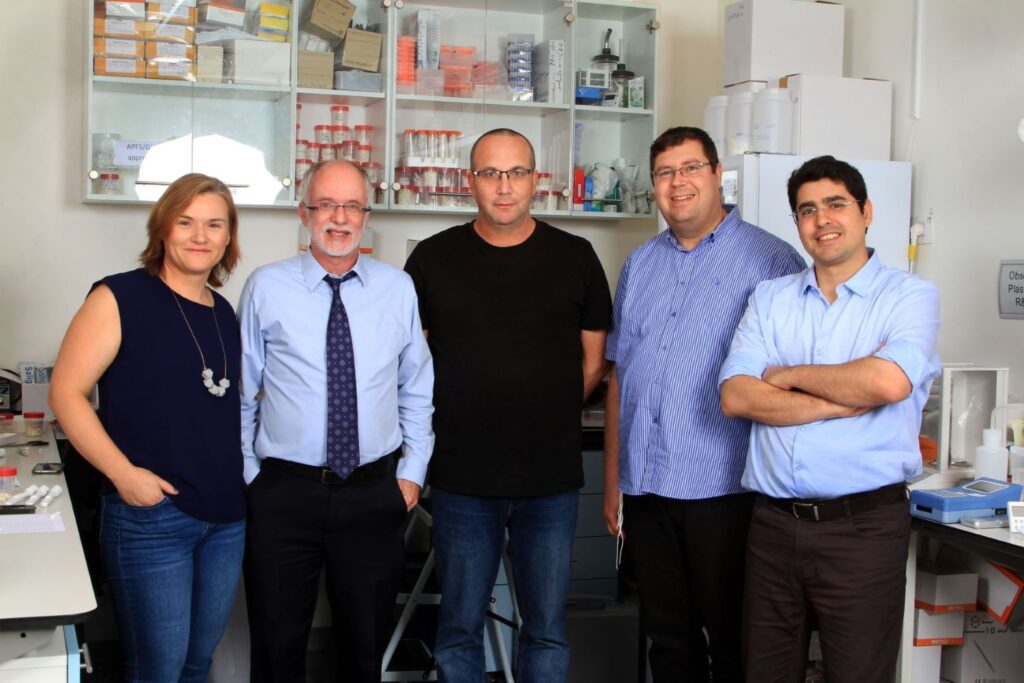A Jerusalem startup that produces saliva tests for a series of conditions is working with Israel’s largest hospital to develop a similar test for cancer in the oral cavity (mouth area).
The test produced by Salignostics and ARC, the innovation department of Sheba Medical Center near Tel Aviv, will be the first ever saliva-based diagnostic tool for cancer.
More than 400,000 around the world are diagnosed with oral cavity cancer every year. But with a five-year survival rate after diagnosis of just 50 percent, Salignostics says the lack of an effective detection tool for the early stages of the disease is a critical issue.
The developers chose oral cavity cancer as its first target as saliva in the mouth comes into direct contact with any cancerous tissue, thereby increasing the chance of early detection of markers of the disease. Once they have established proof of concept, the team intends to explore diagnosis potential for other cancers, such as in the head or the neck.
“The collaboration between Salignostics and Sheba Medical Center will result in a groundbreaking development that will allow, for the first time, the early detection of a type of cancer that today cannot be diagnosed at an early stage,” said Dr. Guy Krief, co-founder and deputy CEO of Salignostics.
“Early detection may increase the chance of extending the lives of oral cavity cancer patients and recovery. Additionally, if the development is successful, the path will be opened to diagnose additional types of cancer based on saliva samples, which may prolong and save many lives,” he said.
“The potential for early detection of head and neck cancer in general, and oral cavity cancer in particular, is tremendous and may have a very significant impact on the ability of these complex patients to recover,” said Dr. Alex Dobrian, director of the Oral and Maxillofacial Surgery Institute at Sheba Medical Center.
“The connection between Sheba’s leading head and neck team and Salignostics’ versatile and groundbreaking technology can bring great diagnostic news.”
Related posts

Israeli AI Safety Tool Among TIME’S Best Inventions For 2024

TAU Team Discovers Mechanism To Eliminate Cancerous Tumors

Ashdod Port Investing In Startups As Part Of Innovation Strategy




Facebook comments